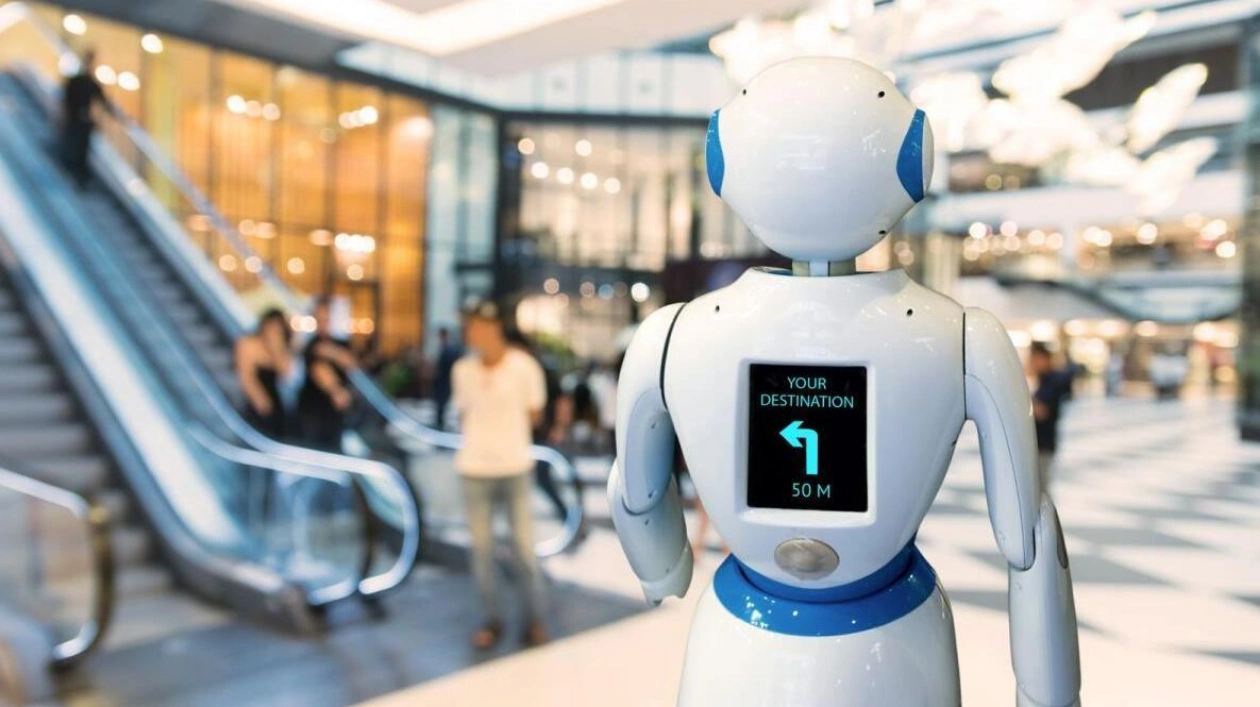File photo used for illustrative purposes
While people may not lose their jobs directly to artificial intelligence (AI), they may lose them to others who know how to effectively use AI, according to HR and industry leaders. This discussion was sparked by a recent statement from Omar Al Olama, the Minister of State for Artificial Intelligence, at the Federal National Council meeting last week. Al Olama suggested that Emiratis nearing retirement age could be offered early retirement if their roles can be performed by AI. Experts have since provided their insights on the potential impact of AI in the workforce.
Abu Dhabi-based HR expert Shamma Hazza supported the 'good idea' of early retirement for jobs that can be automated by AI. She viewed it as a way to encourage younger generations to embrace advanced technologies, rather than remaining stuck in traditional roles. However, Hazza pointed out that not all jobs can be replaced by AI. "Jobs that require emotional intelligence, problem-solving, critical thinking, leadership, and innovation drawn from dealing with people cannot be fully replaced by AI," she explained.
"In my opinion, AI will not replace many jobs but will transform them to perform better," she added. Leveraging AI to raise productivity and quality is being adopted across various governmental sectors; the Ministry of Industry and Advanced Technology (MoIAT) launched several programmes to facilitate a professional technological transformation in the sector.
"Our goal is to strengthen the adoption of advanced technology and artificial intelligence by factories to raise competitiveness, leading to higher quality," said Omar Fadhel, assistant Undersecretary of MoIAT's Industrial Accelerators Sector. He agreed that skilled workers will benefit from AI integration rather than losing their jobs to it, especially in the UAE where the industry relies on sophisticated technologies that need to be run by highly skilled engineers. He added, "this is where our competency value comes from."
Veteran HR consultant Hanadi Al Jaber said the human resources sector itself relies heavily on artificial intelligence, replacing some jobs but to an extent. "AI influence starts with screening applications all the way to shortlisting and sometimes rejecting or approving applicants." However, it is impossible for the sector, like all other sectors, to completely rely on AI leading to people losing their jobs.
"On the contrary, with the help of AI, HR professionals will have time to grow their skills using the time saved by AI tools," she concluded. "People will lose their jobs to others who (effectively) use AI, not to AI," said Mira Nasser, a learning and development lead at an Abu Dhabi holding company. She believed administrative jobs can be easily replaced with artificial intelligence; "administrative roles can be reduced and enhanced by applying AI tools".
The 40-year-old Emirati said she also encourages early retirement for such jobs, "I wouldn’t mind retiring early myself; I don’t see it as the end of my career, I see it as a transition to being more active in the business sector by taking part in our family businesses and starting my own ventures as well." As a single woman, current laws grant her retirement at age 45 and above after completing 25 years of experience.
Source link: https://www.khaleejtimes.com






